Former Mayor of Quito Gives Conference on the Regeneration of Historic Centers in Latin America
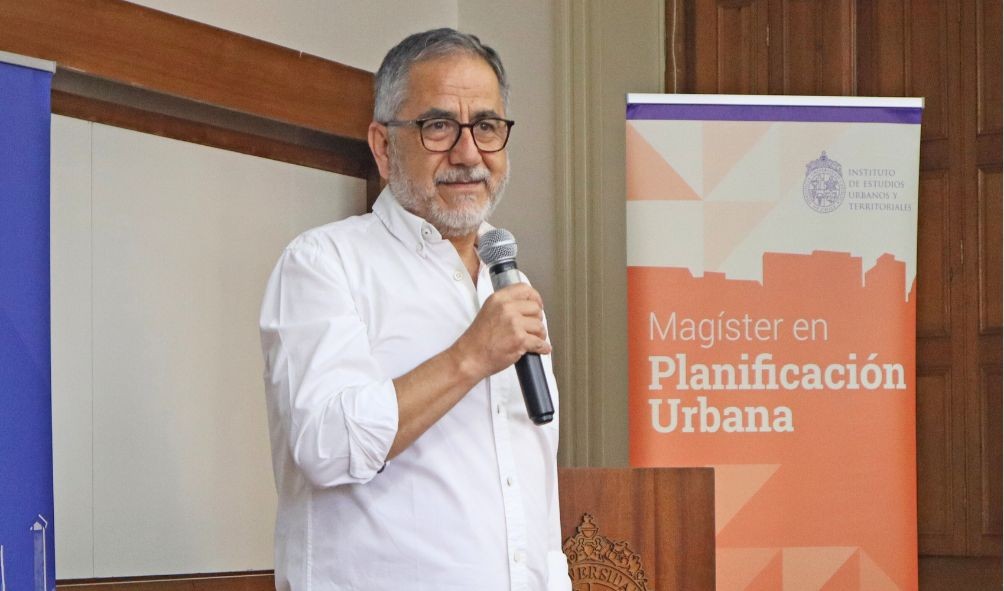
The international conference “Proposals for the regeneration of historic centers in Latin American cities: The case of Quito,” took place on March 24, with participants reviewing mechanisms and opportunities for the regeneration of historic districts throughout the region. The keynote speaker was Augusto Barrera, who analyzed his experience in Ecuador, while he was the Metropolitan Mayor of Quito between 2009 and 2014.
The conference was co-sponsored by the Santiago Center and organized by Universidad Católica’s (UC) Institute of Urban and Territorial Studies (IEUT), UC’s Center for Sustainable Urban Development (CEDEUS), and Sebastián Salas (GSAPP’22), Research Fellow at Columbia’s Institute of Latin American Studies (ILAS). With the support of ILAS and the Santiago Center, during 2022 Salas studied urban regeneration experiences in Santiago through an in-depth case study.
Among those present at the conference were Mario Ubilla, Dean at UC’s School of Architecture, Design and Urban Studies, and Luis Fuentes, director of the IEUT. During his opening words, Salas thanked them for their presence and highlighted the role of these spaces as opportunities to talk about how urban regeneration can be carried out as integral territory interventions, taking into consideration social, economic, as well as other factors: “In the end, urban regeneration is an opportunity to impact people's quality of life, by living in environments that promote a more inclusive, prosperous and sustainable human development,” he emphasized.
Image Carousel with 12 slides
A carousel is a rotating set of images. Use the previous and next buttons to change the displayed slide
-
Slide 1: Augusto Barrera, former mayor of Quito
-
Slide 2: Augusto Barrera, former mayor of Quito
-
Slide 3: 3
-
Slide 4: 4
-
Slide 5: 5
-
Slide 6: 6
-
Slide 7: 7
-
Slide 8: 8
-
Slide 9: 9
-
Slide 10: 10
-
Slide 11: 11
-
Slide 12: 12
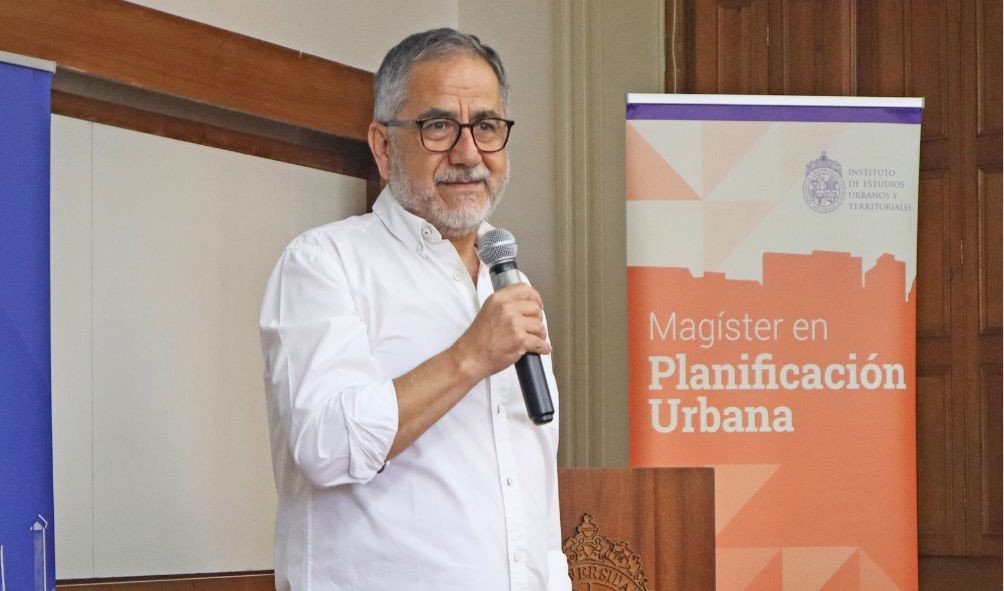
Augusto Barrera, former mayor of Quito
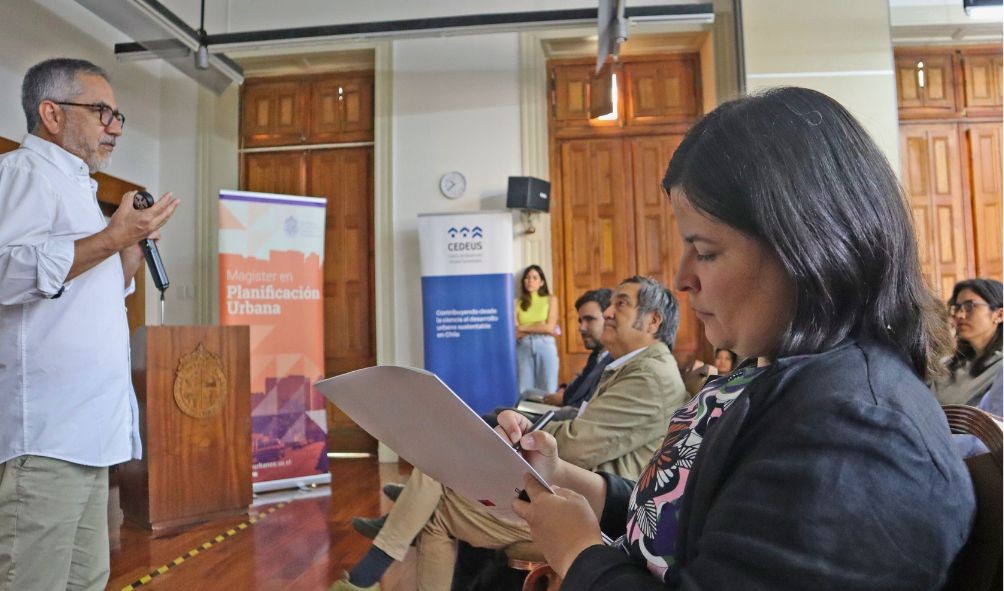
Augusto Barrera, former mayor of Quito
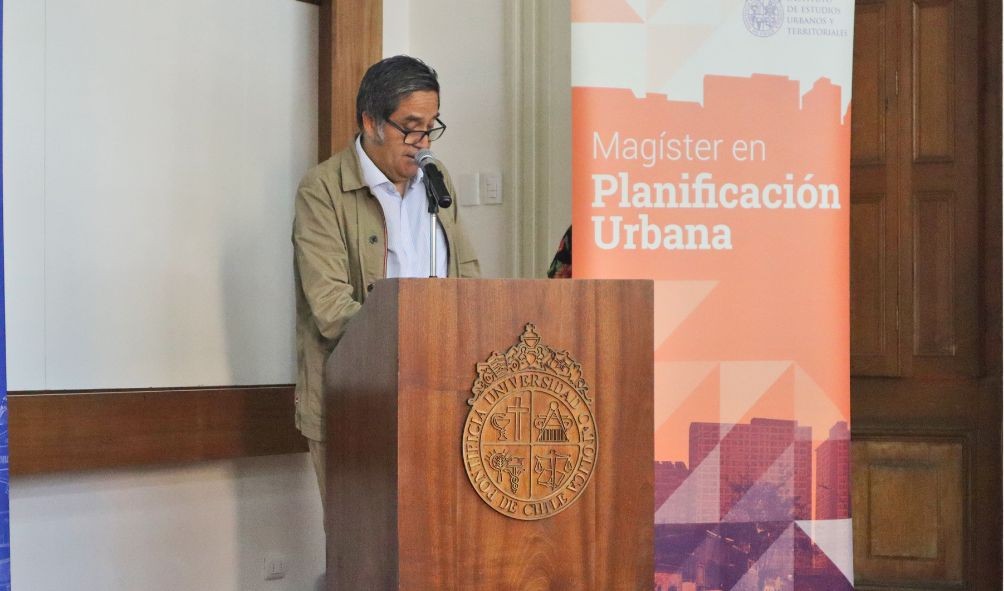
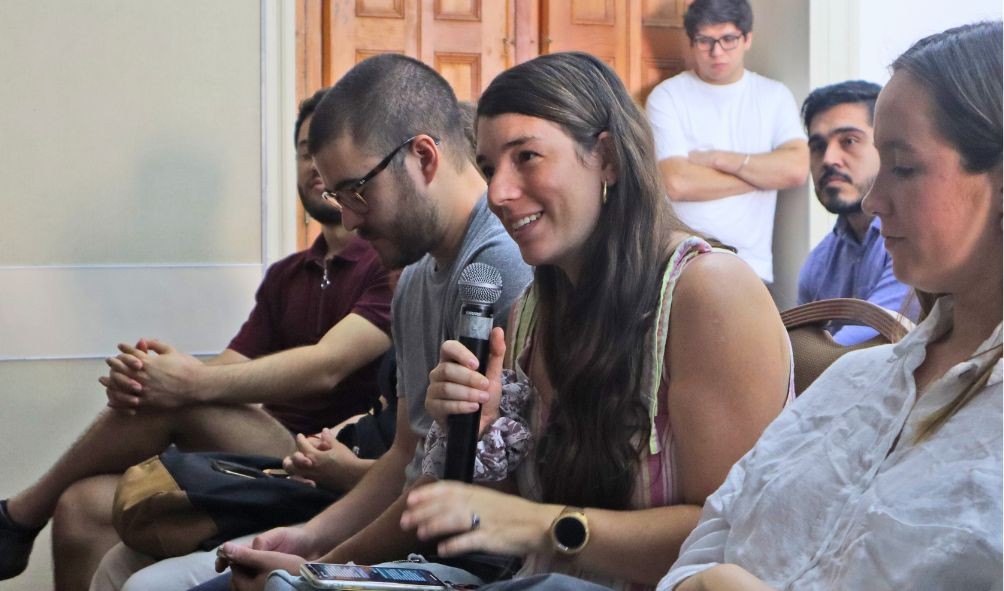
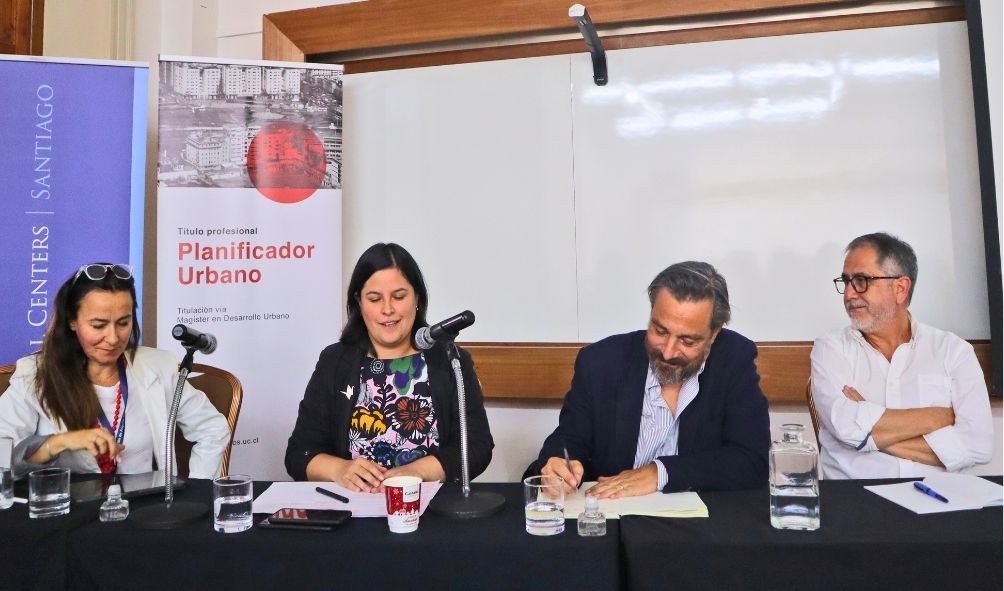
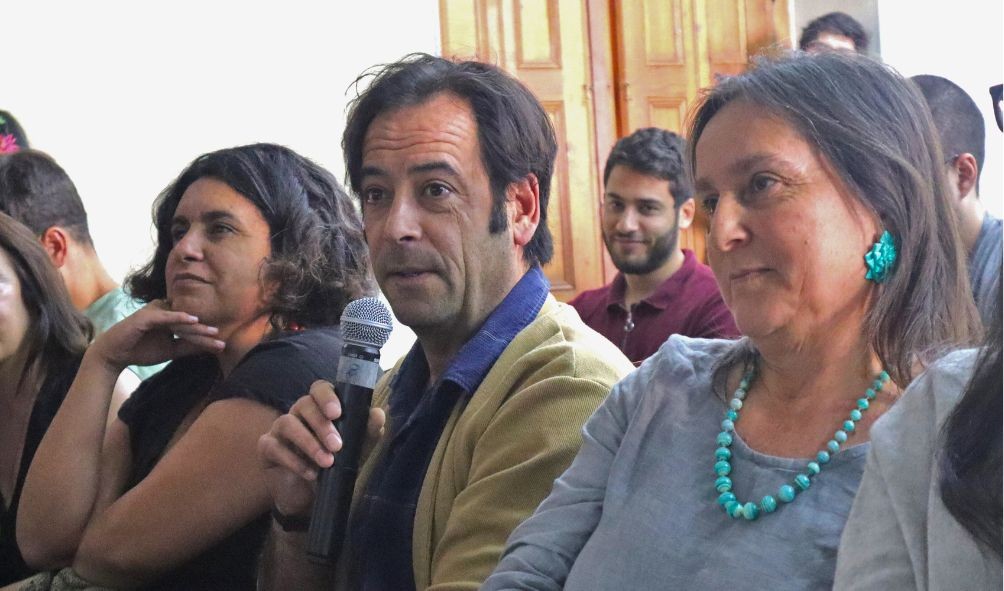
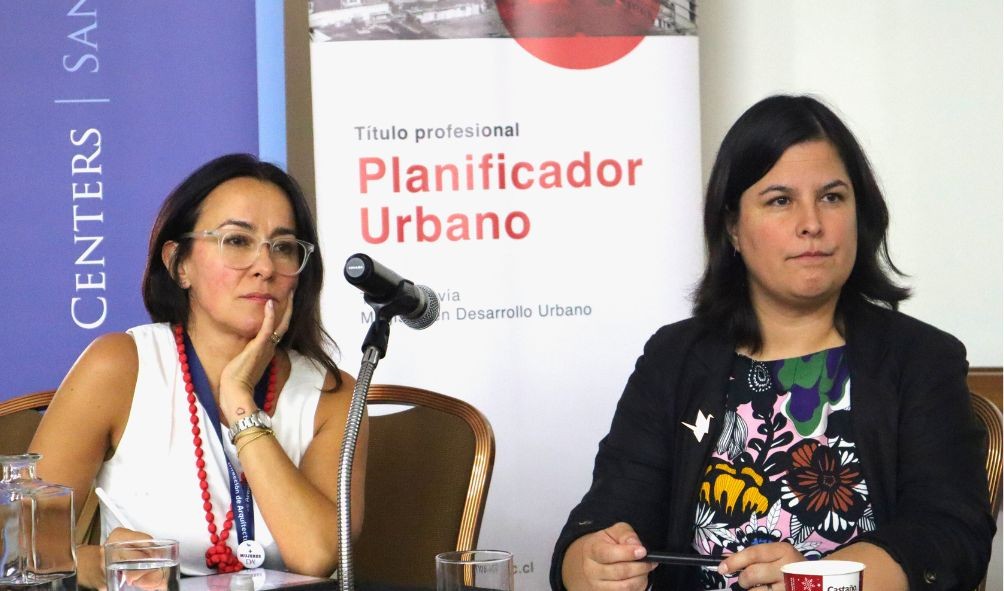
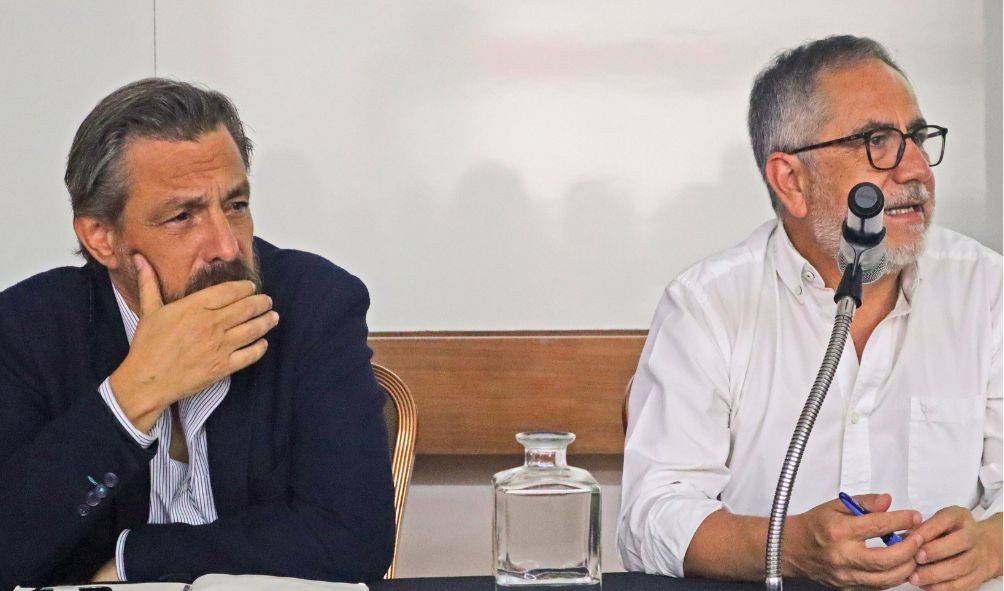
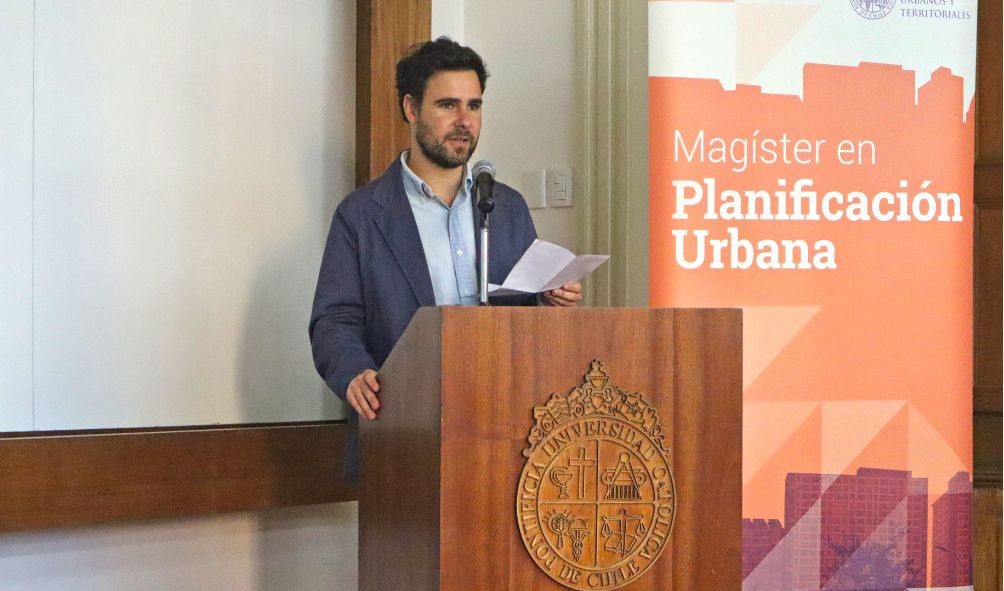
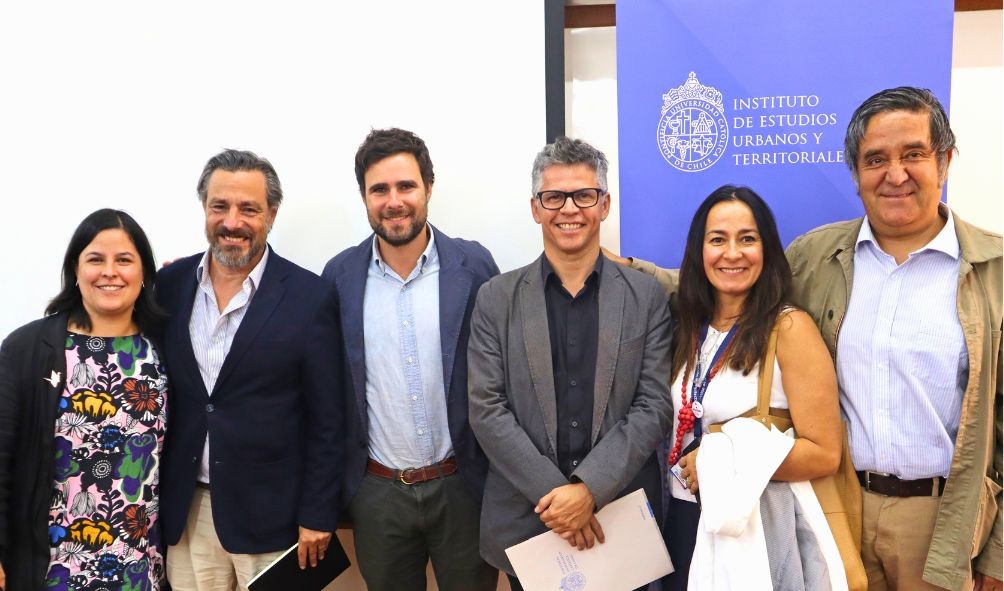
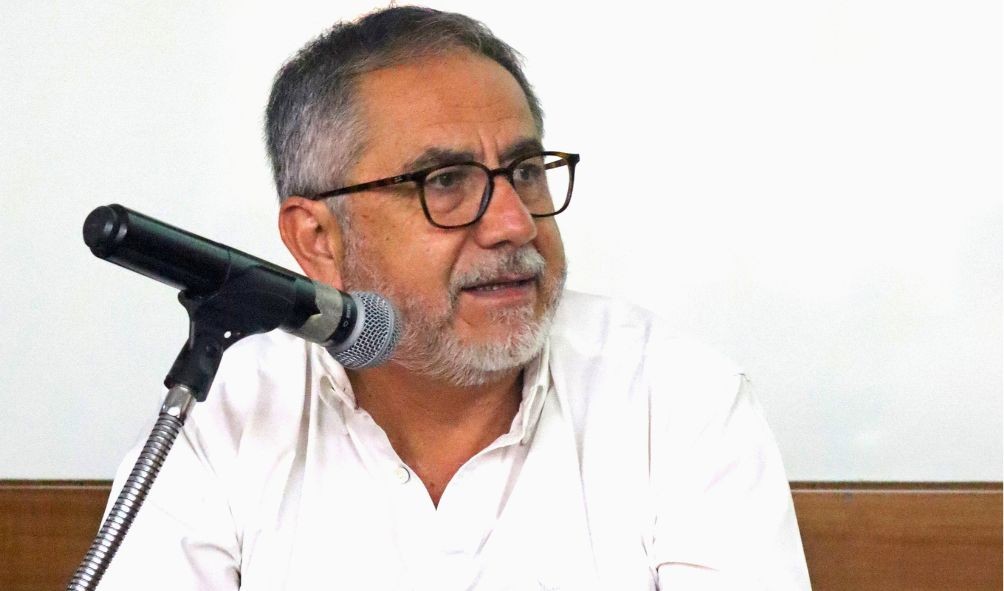
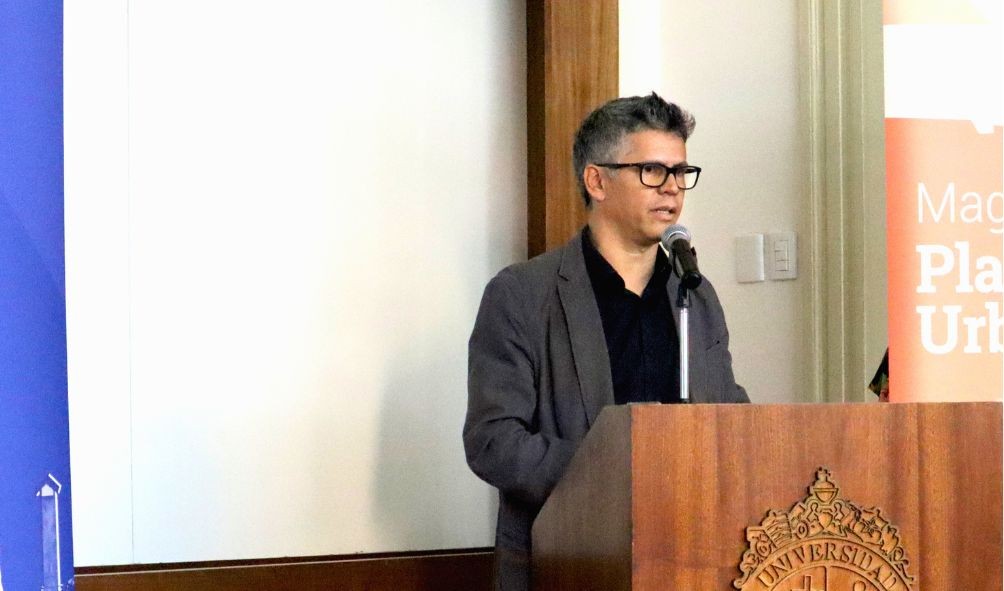
During his presentation, Barrera – who is now the director of the Center for Knowledge Transfer and Social Innovation at Pontificia Universidad Católica del Ecuador – addressed the regeneration works carried out in Quito’s historic district during his five-year administration of the city. He referred to the geography, morphology, and demography of the Metropolitan area of Quito and its 14 neighborhoods, and detailed the zone’s architectural heritage.
He also described that the strategy addressed for the reconstruction of the city’s historic center was having a comprehensive plan in terms of mobility, public spaces, entertainment, security, and heritage, among others, stating that “Urban regeneration of historical districts imposes big challenges in terms of public policy. because it requires research, knowledge, and science in order to provide evidence for the development of public policy.”
Barrera’s presentation was followed by a panel discussion with Rocío Andrade, Regional Secretary for Housing and Urban Planning of the Metropolitan Region of Santiago, and Loreto Wahr, Director of Architecture at the Ministry of Public Works, moderated by Luis Eduardo Bresciani, Director of UC’s School of Architecture and former president of the National Council for Urban Development. The conversation focused on Chile in the context of the evolution of Latin American historical centers and the multiple challenges that the cities across the continent face nowadays.
This conference was the third event in a cycle dedicated to urban regeneration that was initiated in September 2022. Speakers of the previous seminars have led regeneration processes in cities like New York, Bogotá and Santiago.